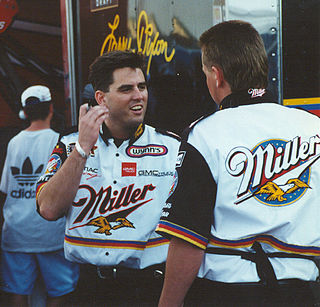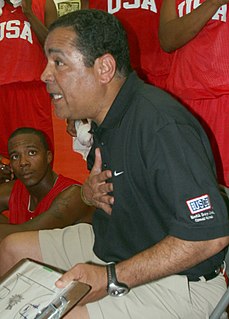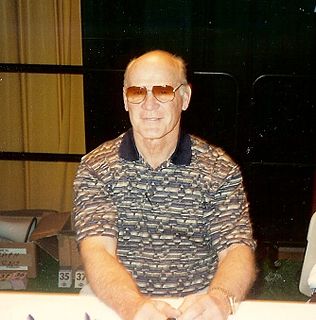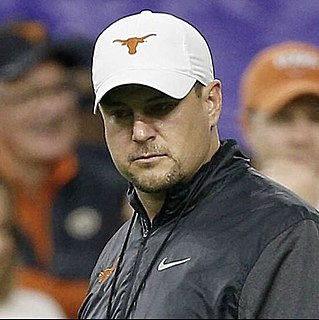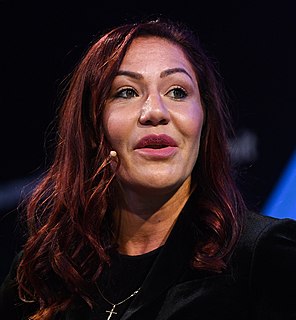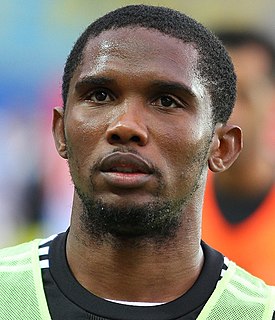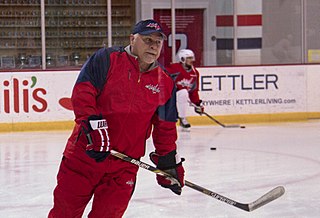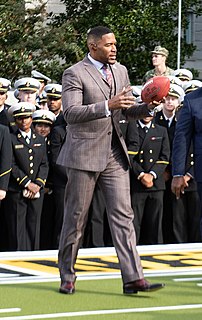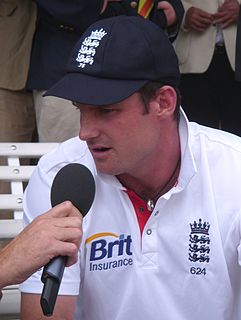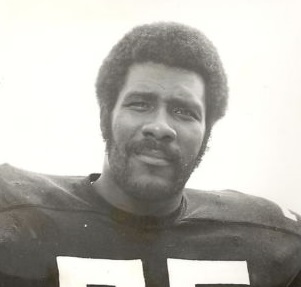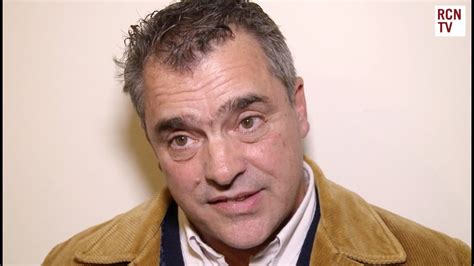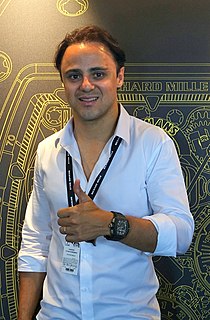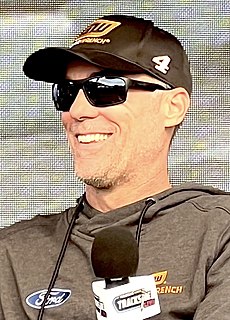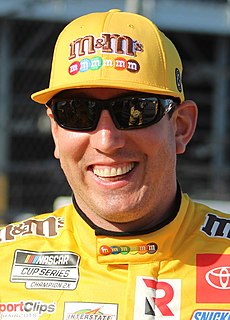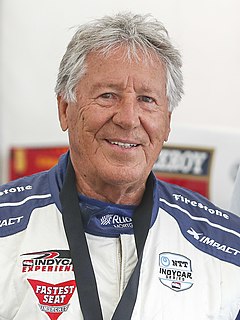A Quote by Larry Dixon
The championship always goes to the team that wins the most rounds and is the most prepared. I think everybody on our team works hard towards keeping that goal. Time will tell if we're prepared or not.
Related Quotes
Our goal as a team is to keep playing as a group for as long as we can because you will never have that team again. It is like a dying limb, you have to prune it off and let another one grow in its place. That is the way you have to do it, but it still hurts losing these guys and that team because they and you have put so much effort into building a team. Even if you win that last game (and a national championship), it hurts badly because the players know they will never have that same special group of guys together on the same team again. Somebody always goes and somebody new always comes in.
Most coaches would consider leading a team to an Olympic gold medal a capper for a pretty good year. The same goes for winning an NCAA national championship. Or a FIBA world championship. Mike Krzyzewski, head coach of the Duke Blue Devils and Team USA, led teams to each of these honors... within about 24 months.
As I and the rest of my Pittsburgh Steelers teammates prepared that week in late December 1974, we knew one thing: The road to the Super Bowl in the AFC went through Oakland. To achieve your dreams as a team, you had to slay the Oakland Raiders. They were the barometer of what it took to be a championship team.
